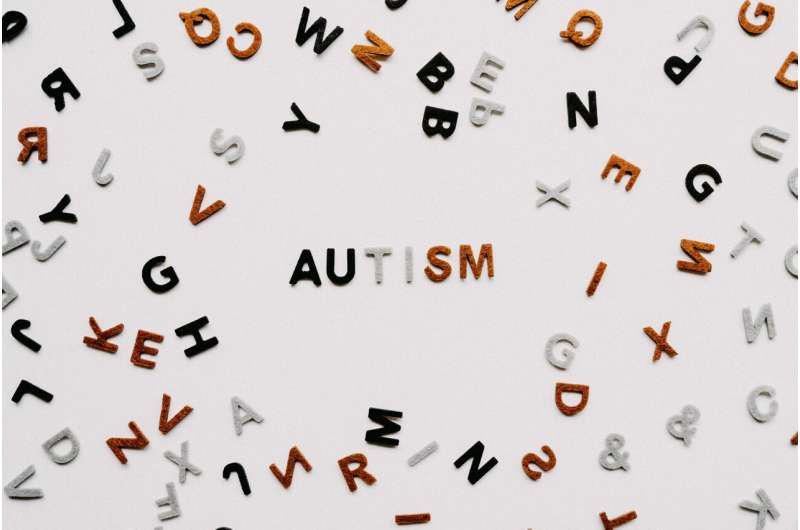Experts Respond to RFK Jr.'s Claims About Severe Autism Prevalence

Health and Human Services Secretary Robert F. Kennedy Jr. recently drew significant attention—and some controversy—for comments regarding autism. His remarks came in the context of a new report from the Centers for Disease Control and Prevention (CDC) indicating that autism diagnosis rates have increased, now affecting approximately one in 31 eight-year-olds. During a press conference on April 16, Kennedy described autism as a tragedy that profoundly impacts families, stating that many autistic children are "fully functional" but have "regressed" by age two, and suggesting that a large proportion of diagnosed individuals are severely affected.
Kennedy asserted that the majority of autism cases are severe, claiming that 25% of children with autism are nonverbal, non-toilet-trained, and exhibit stereotypical behaviors. However, experts caution that this portrayal does not reflect the broader reality. A 2023 study by CDC officials and university researchers estimated that about 26.7% of 8-year-olds with autism have "profound" autism, which includes nonverbal children or those with low IQs. Yet, this figure is on the high end, and many individuals within this group do not necessarily share the severe limitations Kennedy described.
Conversely, the majority of people on the autism spectrum do not face the severe challenges that Kennedy emphasized. Studies show that around 42-60% of individuals with autism have average or above-average IQs, and many are employed, engaged in arts or sports, or leading independent lives. For instance, some on the spectrum have careers as poets or participate in programs like the Special Olympics. Advocacy groups and researchers point out that Kennedy's depiction exaggerates the proportion of severely challenged individuals.
Further, data suggests that only a minority of autistic individuals face extreme difficulties such as lifelong care requirements or significant communication barriers. For example, a 2024 study found that about 10.1% of children with autism are categorized as "severe," yet even within this group, many are capable of performing daily activities like bathing or dressing, and fewer than 7% are reported to have urinary or fecal incontinence. Experts like Dr. David Mandell emphasize the variability within the spectrum, noting that conditions like Down syndrome demonstrate that intellectual disabilities do not preclude capable and independent individuals.
Autism's definition has evolved over decades, widening to include people with milder symptoms and higher functioning. Historically, many individuals with profound autism were misdiagnosed or left undiagnosed. The current understanding recognizes a broad spectrum, making it challenging to pinpoint exact percentages of those with severe limitations.
Zoe Gross, on the spectrum and director of advocacy at the Autistic Self Advocacy Network, highlighted that available data suggest Kennedy's claim of the high prevalence of severe autism is exaggerated. She pointed out that many autistic individuals are employed, participate in sports, or pursue artistic interests, countering Kennedy's portrayal of the condition as predominantly devastating.
In response, the Department of Health and Human Services clarified that Kennedy’s remarks focused on those severely affected, not the entire autism population. They emphasized their commitment to supporting all individuals on the spectrum and to researching environmental factors contributing to autism's rise.
In summary, while autism can include severe cases that require extensive support, the majority of individuals on the spectrum lead active, fulfilling lives. Experts advocate for a nuanced understanding that recognizes the diversity within autism and cautions against overgeneralizations or stigmatizing portrayals based on severe cases alone.
Stay Updated with Mia's Feed
Get the latest health & wellness insights delivered straight to your inbox.
Related Articles
Emerging Therapies Reduce Need for Surgery in Ulcerative Colitis Patients
A 20-year study shows that new targeted therapies for ulcerative colitis have led to a significant decrease in the need for surgical removal of the colon, improving patient outcomes.
The Critical Importance of the First Weeks After Birth for Breastfeeding Success
The first weeks after birth are critical for establishing successful breastfeeding. Early biological, social, and economic factors influence whether mothers continue breastfeeding long-term. New research underscores the importance of targeted support during this vital period.
New Research Links Gestational Diabetes to Increased Risk of Autism and ADHD in Children
Recent research reveals that gestational diabetes during pregnancy may increase the risk of autism, ADHD, and developmental delays in children, highlighting the importance of proper glucose management and ongoing support.
COVID-19 Pandemic Could Accelerate Brain Aging, New Research Finds
New research indicates that the COVID-19 pandemic may have sped up brain aging in adults, highlighting the mental health impact of global stressors beyond infection. The study emphasizes potential reversibility of these effects and the importance of environmental factors on brain health.



